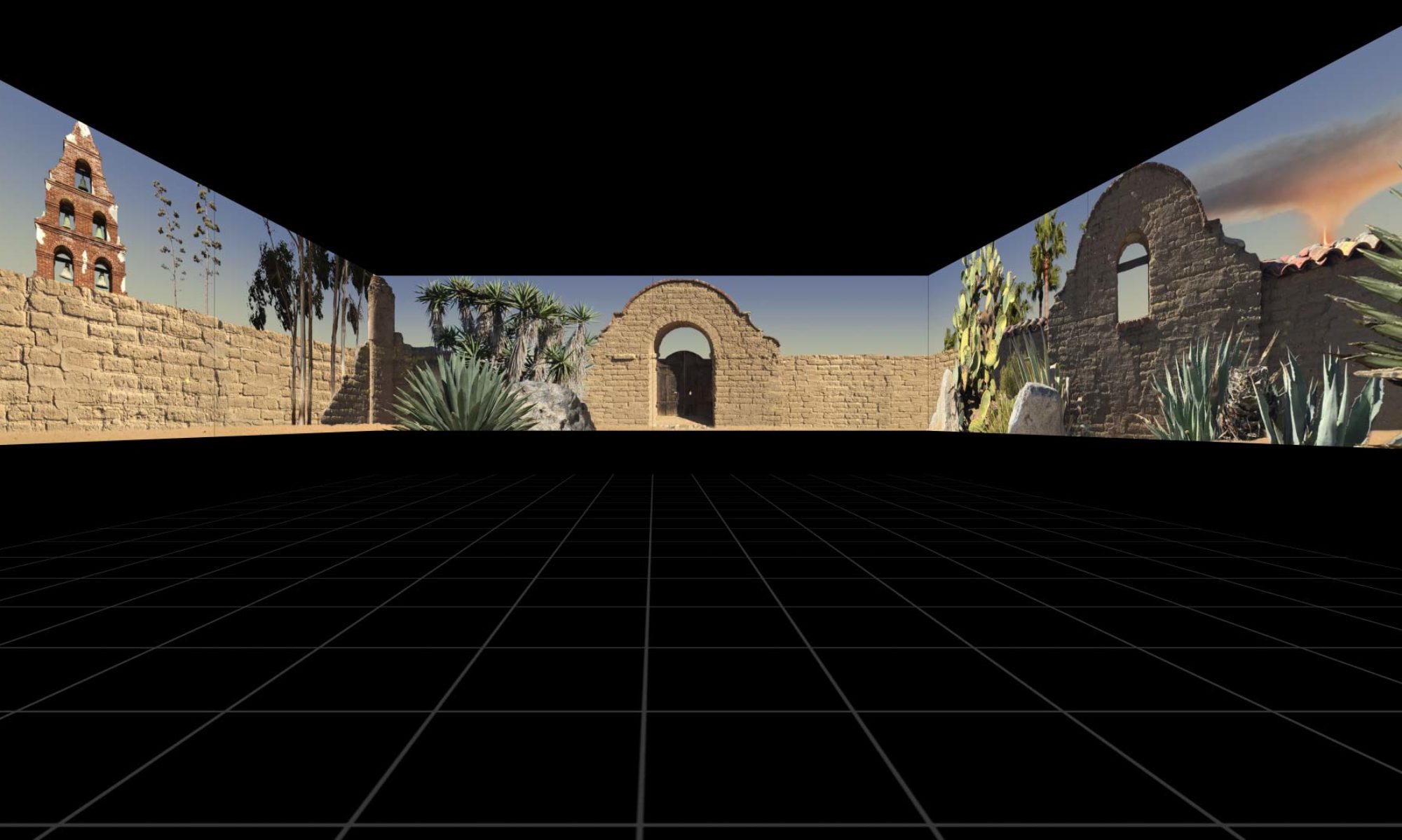People Like Us – The Library of Babel (2024)
Performances:
28 October 2023 : Cafe OTO, London as part of a 3-Day People Like Us Artist Residency – in progress performance
14 November 2023 : CineCity at Attenborough Centre, Brighton – in progress performance
17 January 2024 : The Wire Magazine takeover of IKLECTIK, London
30 March 2024 : Colchester Arts Centre
10 May 2024 : Flatpack Festival, Birmingham Black Box Theatre
13 July 2024 : London (details later)
September 2024: Spain (details later)
First there is experience.
Then we attach a story to it.
The Library of Babel is a vast library of words. Some combine to make stories of consequence, others are nonsensical.
The library is complete.
Yet searching it is futile.
Using dense collage and splintered narrative, “The Library of Babel” is a new audio-visual performance by People Like Us, a journey through cinema and sound where the actors are set adrift from their story, left with pure experience.
The title is inspired by a 1941 Jorge Luis Borges short story, exploring themes related to the complex interplay of infinity, knowledge, and the cosmic fabric, presented through the metaphor of a vast, seemingly infinite library. In the story, the librarians are isolated, focussed on an almost religious or existential quest, struggling to find meaningful texts amidst an overwhelming number of nonsensical or irrelevant books. The library itself has no goals or intentions; a canvas onto which searchers project their quests for meaning. The narrative delves into the angst and crises of those that explore its depths, raising questions about our ability to manage, navigate, and find meaning from vast amounts of information.
In this new work by People Like Us, traditional storytelling gets a modern twist through the amalgamation of audio-visual collage and intricate editing techniques. The digital narrative reconfigures, decomposes, redirects, and recombines images with sounds that are often already ingrained in audience’s collective consciousness due to their prior associations within the selected materials. Initially, they sail on a journey of previous associations and memories. However, the extensive fusion of source materials evolve them into a unified whole, severing past affiliations and pioneering uncharted territory that transcends memory to become a singular, immersive experience. Rather than adhering to a linear progression of events, the thematic narrative unfolds in layered complexities, offering a fragmented but coherent tale achieved through a blend of various sources and an ‘exquisite corpse’ approach.
Using collage as a medium democratises the content, making it resonant not just for aficionados of art, film, or music, but for a broad cross-section of the community. The technique is a universal entry point that appeals to both young and old, presenting elements that can communicate varied messages about film, music, culture, or society. Alternatively, the collage can stand alone as an extraordinary experience devoid of an overt narrative. Indeed, the aim is to use storytelling as a tool to transcend the preconceived notions and internal stories that audiences may bring with them.
The Library of Babel is an incredible work. Beautiful and dreamlike as ever but I particularly enjoyed the pace of this one as well – it felt like there was a bit more breathing space which allowed me to appreciate it all the more. And because there were fewer references that I instantly recognised (maybe I just don’t watch enough films!) I found myself intellectualising it less, (ie thinking about the original texts and the juxtapositions between them) and enjoying the images in and of themselves instead … Gone, Gone Beyond was amazing and certainly psychedelic – blew me away as an experience – but Babel felt more emotionally affecting and yes definitely immersive … I felt the same way about the music as the visuals, with less familiar reference points to digest it felt more about the immediate experience and less about semiotics – Tom Mugridge, November 2023
